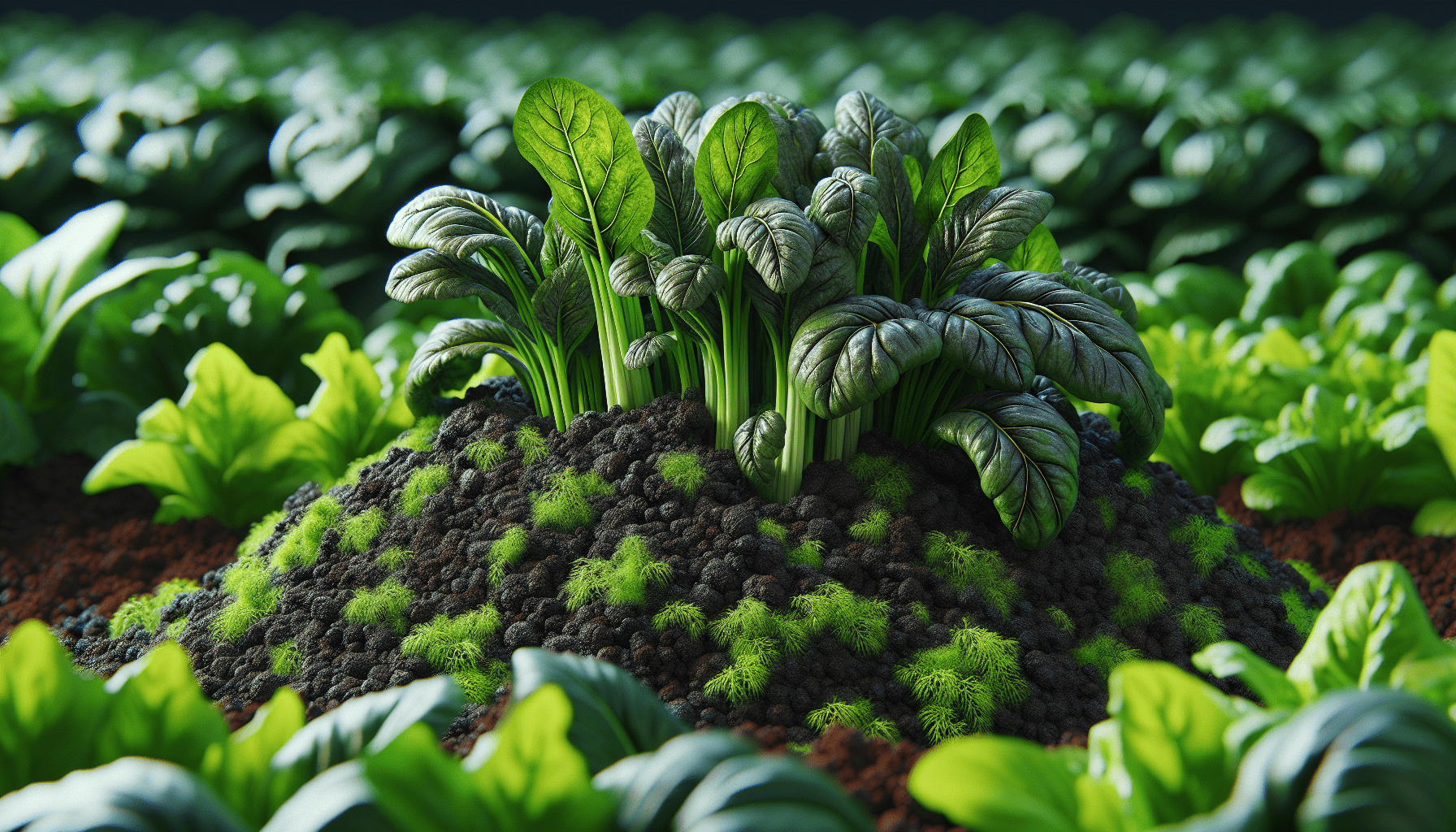In this article, you will explore whether using mushroom compost is safe for your valuable edible plants. Many gardeners have wondered about the potential risks and benefits of incorporating mushroom compost into their gardening routine. By the end of this informative piece, you will have a better understanding of the safety and efficacy of using this unique type of compost in your garden. So, let’s dive in and uncover the truth about mushroom compost and its impact on your beloved edible plants.
Is Mushroom Compost Safe For Edible Plants?
When it comes to gardening and nourishing your edible plants, you want to make sure you are using the best materials possible. Mushroom compost is a popular choice for many gardeners, as it is known for its ability to enrich the soil and promote healthy plant growth. But is mushroom compost safe for edible plants? In this article, we will explore the benefits of using mushroom compost in your garden and address any concerns you may have about its safety.
What is Mushroom Compost?
Before we delve into whether mushroom compost is safe for edible plants, let’s first understand what exactly mushroom compost is. Mushroom compost, also known as mushroom soil or mushroom substrate, is a blend of organic materials that is used as a growing medium for mushrooms.
Benefits of Mushroom Compost
- Mushroom compost is nutrient-rich and contains a variety of essential minerals and nutrients that are beneficial for plant growth.
- It helps improve soil structure, making it easier for plants to absorb water and nutrients.
- Mushroom compost can also help suppress weeds and reduce the likelihood of soil-borne diseases.
Using Mushroom Compost in Your Garden
Now that we have a better understanding of what mushroom compost is, let’s discuss how you can use it in your garden to promote healthy growth in your edible plants.
How to Incorporate Mushroom Compost
- Mix mushroom compost into your garden soil before planting your edible plants. This will help enrich the soil and provide your plants with essential nutrients.
- Use mushroom compost as a top dressing around your plants throughout the growing season to continue nourishing the soil.
- Consider using mushroom compost in your compost pile to further enrich your compost and create a more nutrient-dense soil amendment.
Considerations When Using Mushroom Compost
- Be mindful of the pH level of your soil when using mushroom compost, as it can be slightly alkaline. Consider testing your soil regularly to ensure it remains at an optimal pH for your plants.
- Avoid using mushroom compost that contains added chemicals or pesticides, as these can be harmful to your plants and compromise their safety for consumption.

Learn about mushroom composting
Safety Concerns
One of the main concerns gardeners may have when using mushroom compost in their edible gardens is the safety of consuming plants grown in mushroom compost. Let’s address these concerns.
Contaminants in Mushroom Compost
- Mushroom compost is generally safe to use in gardens, as long as it has been properly pasteurized to kill any harmful pathogens.
- Be cautious when using mushroom compost that has not been properly sterilized, as it may harbor contaminants that can be harmful to both plants and humans.
Types of Edible Plants
- Some edible plants are more susceptible to contamination from mushroom compost than others. Leafy greens, root vegetables, and fruits that come in direct contact with the soil are at a higher risk of absorbing any potential contaminants.
- Consider using mushroom compost primarily for plants that grow above ground, such as tomatoes, peppers, and herbs, to minimize the risk of contamination.
Ensuring Safety in Your Garden
While using mushroom compost in your garden can offer numerous benefits, it’s essential to take precautions to ensure the safety of your edible plants.
Tips for Ensuring Safety
- Source mushroom compost from reputable suppliers that specialize in organic and natural gardening products.
- Compost your own mushroom compost at home using organic materials to have full control over the quality and safety of the compost.
- Consider washing your edible plants thoroughly before consuming them, especially if they have come in direct contact with the soil.
Testing the Soil
- Regularly test the soil in your garden to check for any potential contaminants that may have leached from the mushroom compost. Soil testing kits are readily available at garden centers and can help you monitor the health of your soil.
Conclusion
In conclusion, mushroom compost can be a valuable addition to your garden for promoting healthy plant growth and enriching the soil. When used correctly and sourced from reputable suppliers, mushroom compost is generally safe for use in gardens with edible plants.
If you have any concerns about using mushroom compost in your garden, consult with a local gardening expert or extension office for personalized advice. By taking the necessary precautions and following best practices, you can enjoy the benefits of mushroom compost while ensuring the safety of your edible plants. Happy gardening!

